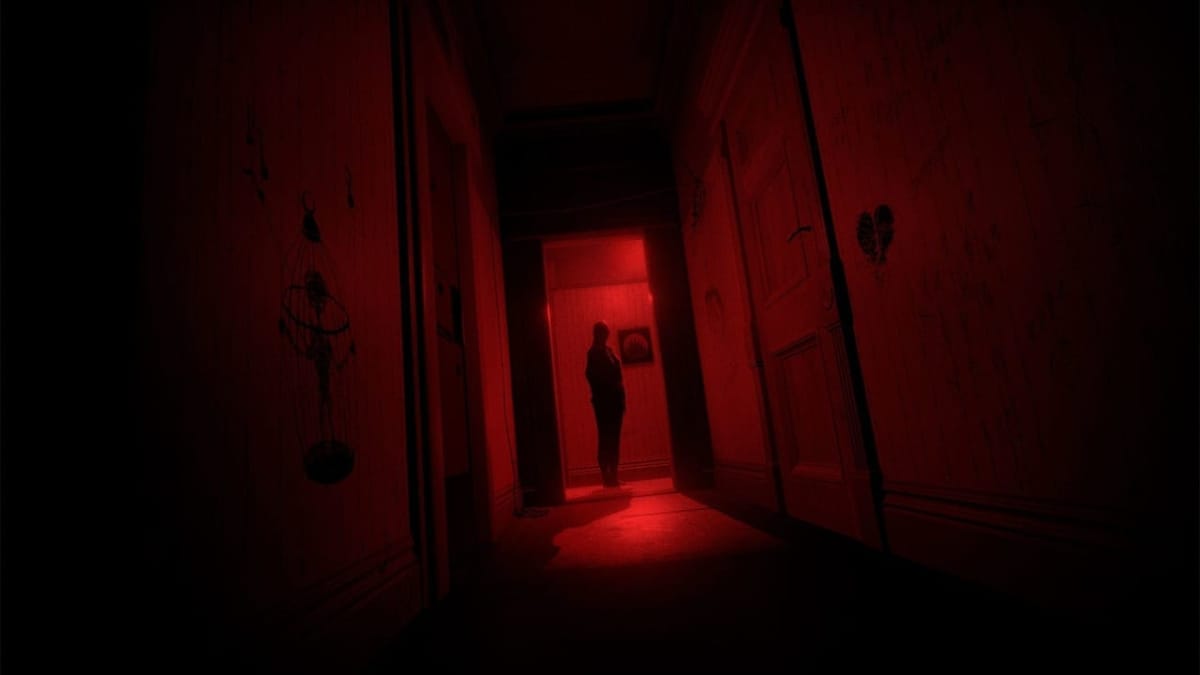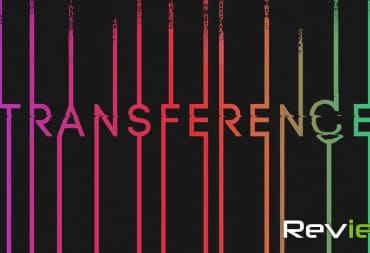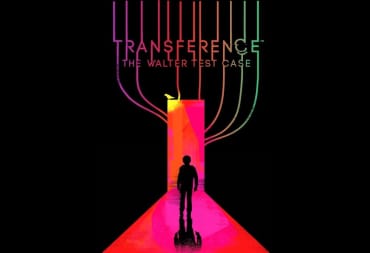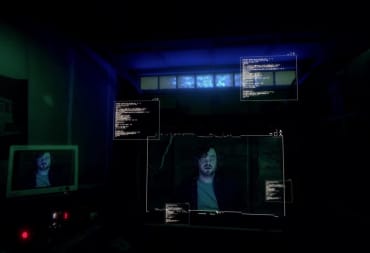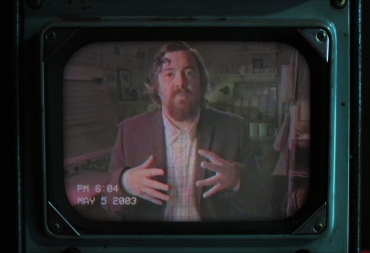When I was at E3 I got a chance to play Transference, the upcoming VR horror game from SpectreVision and Ubisoft. When I finished playing the game, I got a chance to talk to a few of the people who made it. In this case that would be the game's writer, Kyle McCullough, and the game's producer, Kévin Racapé. Both of them were more than happy to give me details about the game, including talking about just how involved Elijah Wood was, why they chose to use VR, and why they went with full motion video. With the game coming out next month, now is a fantastic time to read through the interview and learn more about it.
TechRaptor: I just got done playing Transference. It was … excellent. Probably one of my favorite things I’ve seen here.
Kyle McCullough & Kévin Racapé: Thank you!
TechRaptor: So I guess we’ll start with, how did this come about– How did Transference come about?
Kyle: Um, so, I guess it was three years ago we came to E3 to first meet with Ubisoft, with SpectreVision, to sort of decide if there was some way we could make a game together. A friend of ours was working for Ubisoft at the time, and he sort of though that there’d be some way-- we were super interested in virtual reality, and this was before the Oculus development kit was even, you know, really out there, and Ubisoft was already building Eagle Flight, they were doing amazing things in virtual reality so we got to actually go to Montreal and we did a workshop where we just met with people from Ubisoft and sort of-- to decide if we could come up with an idea in which we could make a game.
Kévin: And this is where Transference came from.
Kyle: Yeah, that was it. Now it’s kind of crazy to think that, you know, we were at E3 last year with the Walter Test Case demo, and now we’re here actually with the full Transference to release it. It’s been an amazing… yeah.
TechRaptor: So why VR?
Kévin: Well I think it was… It was the whole meaning of this collaboration. SpectreVision was interested in doing VR, Ubisoft was already working on this VR tech, as you mentioned Eagle Flight, and it was also the very source of the narrative element of the game. If you look at the brand bust here you can see the VR headset. If you think at the environment it’s a whole digital simulation, so it’s a way to take a step back and think about the importance of virtual reality in our lives, and maybe in our future lives. So I think it all started from this.
Kyle: Right, yeah, ‘cause we thought it’d be really cool to have the game feature the person who’s playing it in the game, and so as the game was initially going to be just virtual reality part of that meant sort of tying virtual reality directly to the story. So the story kind of pre-supposes that you are entering this virtual world with these characters because you’re putting on the virtual reality headset. So that was sort of the core element that started to begin to guide the narrative, but its been interesting to kind of see how, it's not a requirement anymore, to have that same thing happening on the traditional platforms as well.
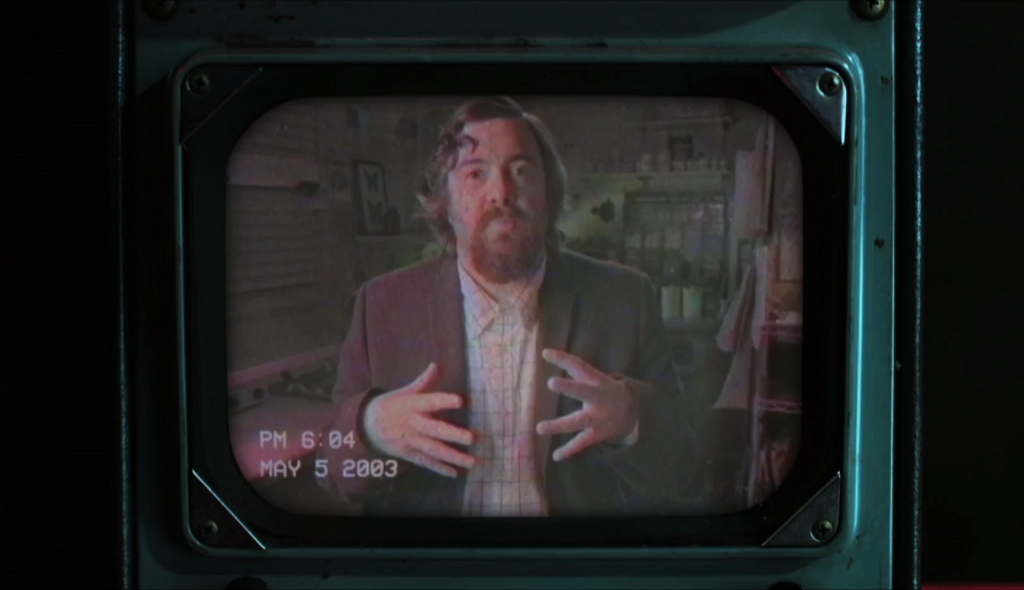
TechRaptor: So I noticed there was a ton of full motion video also, like all those– like on the wall and all that. How did all that come about?
Kévin: Well, uh… We like to think that this game that it feels like a movie, plays like a game. By having this amazing experience from SpectraVision and live action footage, it was realized that we could bring premier material to the game. So our challenge at Ubisoft was really to cherry pick the best sequence in the game to seamlessly integrate this live footage, and as you can see in the demo or in the trailer we took advantage of this digital setting, created floating UI, floating windows. So the player is the closest possible to the delivery of emotions, and we really think that’s what makes this different from traditional games.
Kyle: Alright, yeah. It was really interesting because we-- none of us wanted there to be cutscenes in this game, that sort of took you out of the interactions. So it was like, how do we still get the ability to get that same emotion that you can kind of only see from an actor performing directly to a camera. How can we capture that, but without taking you out of the game itself? Ubisoft bought some really interesting ways to do that, that I think pay off really well in the game.
TechRaptor: Frodo is in the game. I know he’s Elijah Wood, but he’s always Frodo to me. So how did we get Elijah Wood in there?
Kyle: Well he’s not… in it, per say.
Kévin: He’s not featuring in the game.
TechRaptor: Well, yeah.
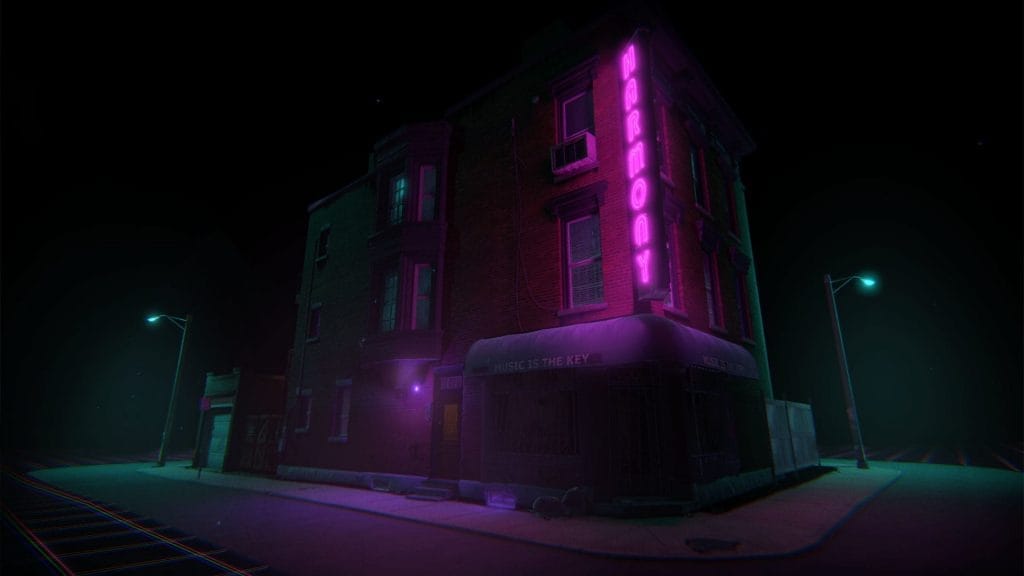
Kyle: But he did-- He’s creative director at SpectraVision, and so he was just there, you know, at all of the workshops, at all the meetings, on all the conference calls. Helping to guide the game, shape the game, craft the game side through helping shape the puzzles, craft the story side through helping write the narrative, the same way as any of us were.
Kévin: It’s, um… This collaboration we’ve been talking about. We’ve been talking on a daily basis during-- improving on one another on every core aspect of the game. So this is collaboration in its truest sense with Elijah and other co-workers from SpectreVision.
TechRaptor: One thing I noticed, that game is super super atmospheric.
Kyle: Awesome
TechRaptor: You really feel … When I was– I put on the VR headset, for those wondering it was Oculus, you really feel like you’re there. How did you go about making something so atmospheric and all that?
Kyle: Well there’s a lot of ways…
Kévin: We could talk about the sound ambiance…
TechRaptor: Yeah I could see a lot
Kévin: First we have this very stylish art direction, this neo-noir art direction with very contrast colors. We believe it’ll also convey the emotions of the character, but also the sound ambiance. We took advantage of SpectreVision connections by working with a music composer named Kreng. So he’s bringing his own material to the game, it’s also what’s making this ambiance, this atmosphere very unique.
Kyle: Yeah, that’s sort of his-- you know, Kreng is known for composing atmospheric sounds to generate immersion just through the audio. For, you know, avant-garde theatrical experiences and that kind of thing. So it was sort of a natural way to bring that tension to the game without having to sort of craft anything additional, you know? Just let him build that soundscape. He worked very closely with the sound designers at Ubisoft, and I think they did the same thing, they talked every day in order to help sort of build this thing together. Every element kind of played in, no one was sort of working on their own in any of these departments. So that’s how we were able to get the atmosphere that way, because it’s not just what you see and what you feel and what you hear, it’s also the atmosphere itself actually drives the narrative.
Kévin: Yeah, it’s an enduring mental stimulation.
Kyle: Right. There’s actually tons of story details hidden in a lot of those atmospherices that, unless you really take the time to stop and listen or look, you could really miss it.
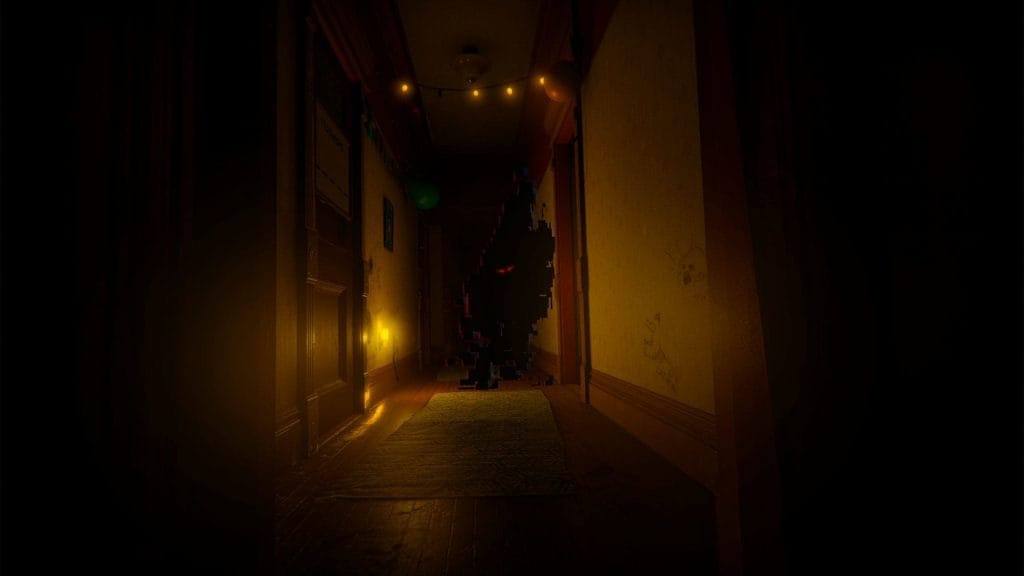
TechRaptor: Yeah I did notice there was a lot of drawings on the wall, there was, uh… like always this voice in the background I felt like, someone saying things. I was trying to find them, like I wasn’t sure if it was the person wandering around or if there’s someone actually in the game. There was just a lot of stuff like that, and yeah I noticed that soundtrack that was excellent. Okay, you guys are probably super busy so I’m not going to keep you much longer. One last question. Transference. When does it come out? When can I play it?
Kévin: Transference will be available this fall on PSVR, Oculus, HTC Vive, and also on traditional platforms: Xbox One, Ps4, and PC. [Since this interview Transference now has a release date of September 18th.]
TechRaptor: Awesome. Thank you guys so much.
Kyle: Yeah, thank you.
We'd like to once again thank Kyle and Kévin for taking the time to talk with us.
Have a tip, or want to point out something we missed? Leave a Comment or e-mail us at tips@techraptor.net
